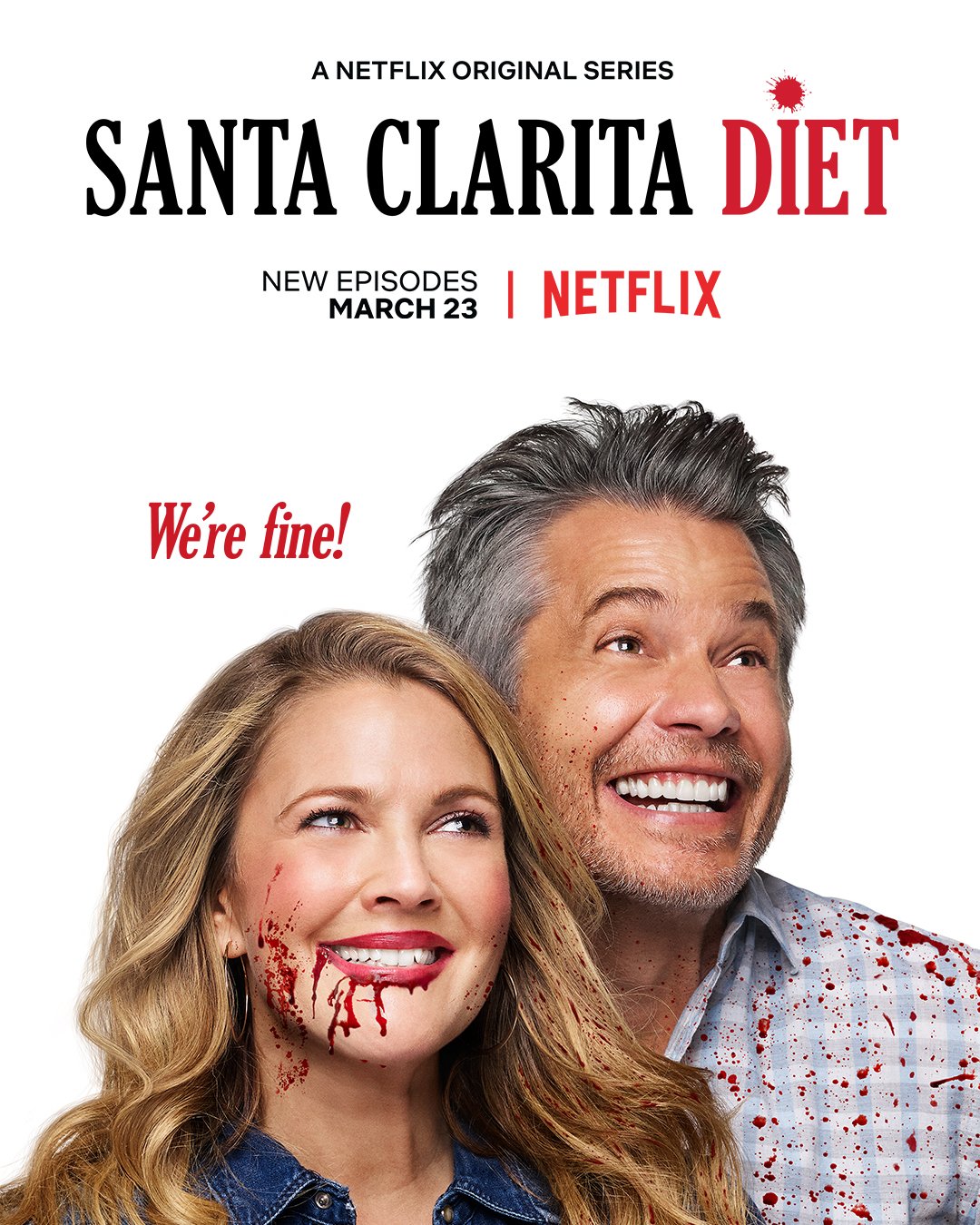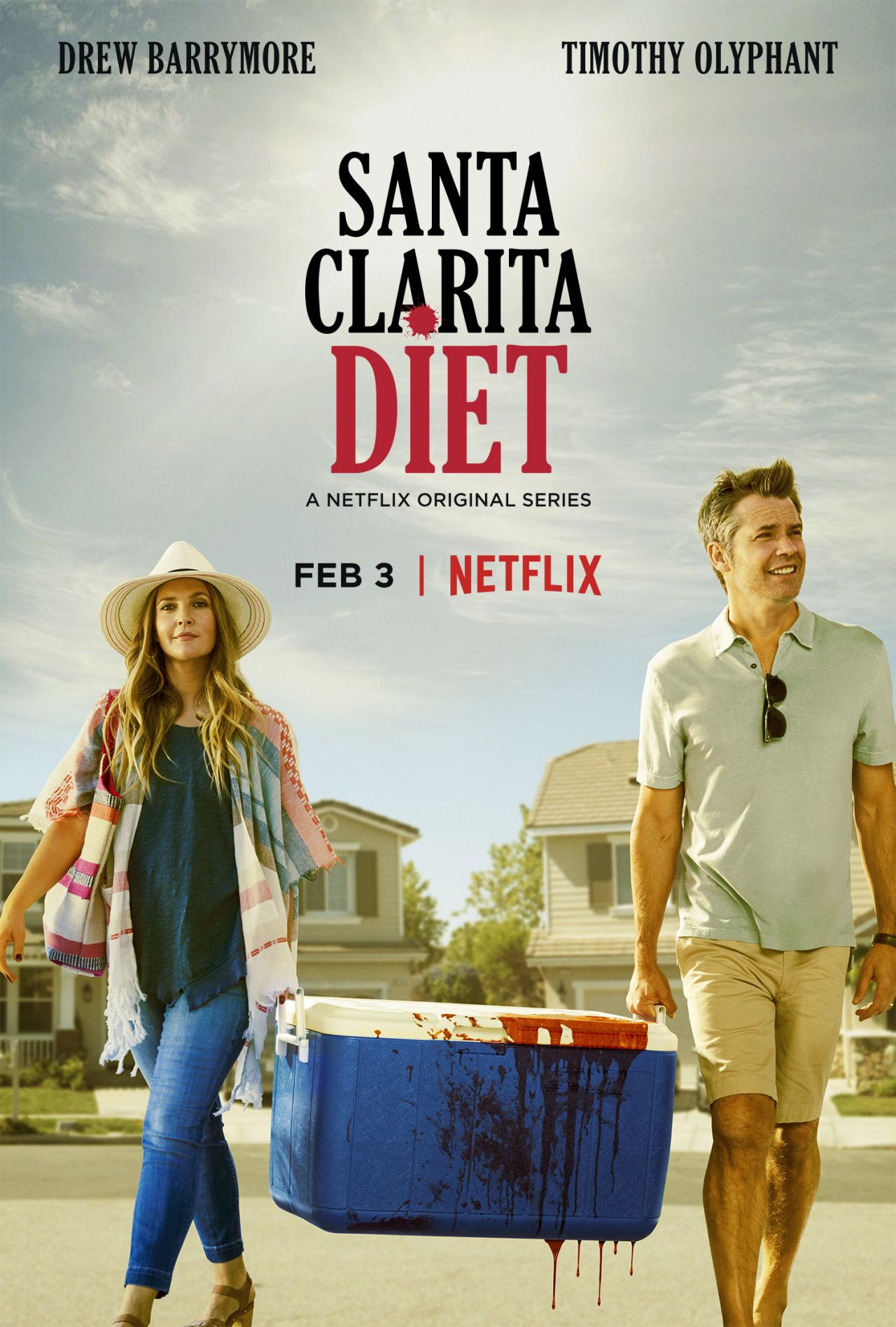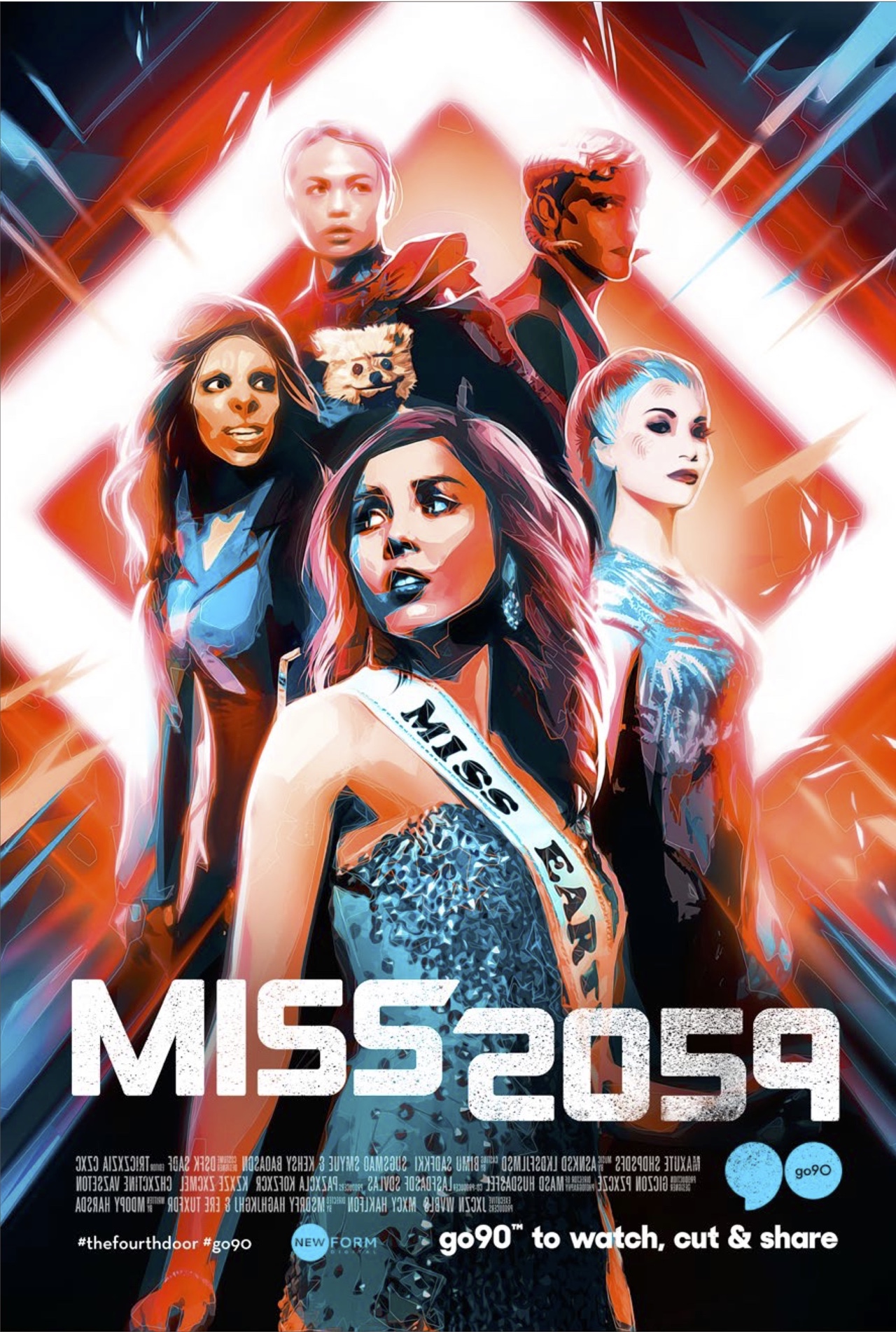Map of Los Angeles Preferential Parking Districts
Posting this so I have an easy place to find it. LADOT provides their own map but it’s ugly and hard to use.
Posting this so I have an easy place to find it. LADOT provides their own map but it’s ugly and hard to use.
A friend of mine recently got his first job as a staff writer on a TV show, and he asked if I had any advice.
Though I don’t claim to be an expert on this stuff, I did a quick poll of the writers on Santa Clarita Diet and asked what they would tell a new writer joining a TV staff for the first time…
Never forget that your job is to make the showrunner’s life easier and not harder. Your job is to help them make the show they want to make and not the show you want to make.
Try to always pitch solutions, not problems. At the staff writer level (and even above), you don’t want to be in the role of nag or complainer. That doesn’t mean you can’t criticize anything, but you should be constructive.
So instead of saying, “this story isn’t working because the beginning is boring,” you would think of a potential fix before speaking. You might say something like: “I feel like the story is taking a long time to get started. What if we combined these two early scenes into one so that the story gets moving faster?”
It doesn’t have to be the perfect fix, but you should be presenting more than just a complaint.
This is always tricky. It’s okay as the staff writer to hang back and listen, especially the first few weeks. In general you always want to be listening. At the same time, you don’t want to take that advice too far. It is your job to contribute, so you want to pick your spots.
In picking your spots, you might find a situation where you have some personal life experience that relates to the scene or character being discussed. Something that only you can contribute. But obviously no need to force that kind of connection if it’s not there.
When you do pitch, try to pitch clearly. Not just the ideas you’re pitching, but literally the voice you use. Don’t mumble or hide.
There may be older writers on a staff who openly complain or whine about some element of the show or something else, and it will be tempting to join in with them. But as a staff writer you haven’t earned the right to complain.
In general, only pitch an idea once. If it’s explicitly rejected, let it be rejected and move on. The showrunner’s decision may seem wrong to you. You may think to yourself, “if only these dummies would listen to my great idea, this problem would be solved!”
Here’s one way I think about it. Imagine the writers room like an old-fashioned galley ship with hundreds of oarsmen all rowing in unison. As a staff writer, you’re oarsman #137 and you’re all the way in the back of the ship. Now you may or may not have a better idea of where to steer the ship than the captain up front, but if you try to steer the ship yourself, all you’re going to do is screw up everyone else’s rhythm. At the end of the day, you can’t steer the ship from the back.
The showrunner has different concerns than you do, some that you may not even be aware of. Again, it’s your job to help him or her make the show they want to make, not the show you want to make. So if your idea is rejected, it’s your job to do everything possible to execute the idea the showrunner has settled on as well as possible.
If you make a pitch and it’s greeted with silence, that’s also a polite way of saying no.
As you get more comfortable in the room, you might find a situation where you can re-pitch a modified version of an idea that was already rejected, but just make sure you’re not beating a dead horse.
If you have a pitch that goes over well, don’t brag about it or think you’re somehow superior to someone else whose pitch didn’t land today. Yes, you want the showrunner and other writers to know that you’re doing a good job, but the way you do that is by consistently doing a good job, not by pointing it out to them.
Likewise, you may pitch a solution, and it may be rejected. Then, months later during a rewrite, or sometimes minutes later during the same session, you may hear someone else, even the showrunner, pitch virtually the same idea and it’s suddenly accepted. In these moments you nod and support the good idea; you don’t grouse and try to claim credit. No one will be impressed by you pointing it out.
Sometimes the room isn’t ready for an idea, and part of pitching is knowing when and where to pitch something.
This isn’t universal, but if you befriend some of the more experienced writers on the staff, you may be able to politely ask one to offer feedback on your first story area before you turn it into the showrunner.
This is most useful if it’s someone who has worked with the showrunner before and knows what they like and don’t like.

Santa Clarita Diet season two is now streaming on Netflix! So incredibly proud to have worked on this. It’s funnier than the first season and delightfully weird.

Santa Clarita Diet season one is now streaming on Netflix! Aaron and I worked on this series and had a blast helping mad genius Victor Fresco craft a darkly hilarious murder sitcom.

Last year, Aaron and I developed and produced Miss 2059, an awesome sci-fi comedy/drama with YouTube star Anna Akana. You can stream all 12 episodes on Verizon’s Go90 platform.
This was an amazing project that required the hard work of like a billion different awesome people and we’re so proud to have gotten the chance to produce it with Anna and the fine folks at New Form Digital.

Hunt the Truth season two is out and I wrote several episodes.
Hunt the Truth is an award winning radio drama/podcast set in the Halo universe.
Season one was structured like Serial, the This American Life spinoff podcast that investigated a single murder over a season of podcast episodes.
Season two is structured like an old fashioned radio drama. So it’s a format invented in the early 1900s telling stories in a videogame universe set in the 26th century. Which is pretty awesome if you think about it.
If you want to listen, Aaron and I wrote episodes three through six for season two. They’re available on the Hunt The Truth tumblr and SoundCloud pages.
Writing our episodes was unbelievably fun for a few reasons:
Amazing freedom. In television and web video, Aaron and I are always limited by budget. No one’s going to give us a hundred million dollars to film a spaceship battle no matter how awesome and funny we promise it’s going to be. But in radio, there is no budget! The only limits are the sound design and the audience’s patience.
It’s friggin Halo. I still remember rushing home from high school and tearing open my brand new Xbox. I’d been waiting for months for the console and years for Halo, so when the awesomely over the top Halo menu music started (monks chanting and harmonizing, 480p graphics sizzling my eyeballs), it felt like a borderline spiritual moment. Now, all these years later, it’s just so exciting to know that I got to write in a little corner of that universe.
Infinite thanks to the Ayzenberg creative agency for inviting us to work on this with them and their awesome in-house writers.

Though NBC cancelled About a Boy earlier this year, thankfully the episode my partner and I wrote was still made and produced. Episode 217, About a Babymoon, is now available online at Amazon and iTunes.
I’m releasing a major new update to my screenwriting app, Fountain Loader.
To quickly recap, Fountain Loader is a web app that makes it easy to write screenplays in Google Docs.
It builds off the brilliant work of John August, Nima Yousefi, and Stu Maschwitz who created the fountain screenwriting format.
What the hell is a screenwriting format? Well fountain is really just a basic set of formatting rules. If you write text that follows those rules, then that text can be easily converted into a finished screenplay using great programs like Highland, Slugline, and now Fountain Loader.
Here’s a BEFORE and AFTER example to help you get the idea.
The new Fountain Loader can now not only preview screenplays but also convert fountain files into Final Draft FDX files, complete with title pages. What’s more, it has some features that even Highland and Slugline lack.
If you’re writing a television script rather than a feature film script, Fountain Loader has built-in tools to make that easier. By labeling the top of your script with the “Format: Multicam” tag, Fountain Loader will automatically produce a Final Draft file with classic sitcom formatting. It will also convert Act Breaks into their proper Final Draft elements rather than just converting them into centered action text.
The new Final Draft export feature also supports script notes and some really complicated overlapping text styles.1
I made this update because my writing partner and I were writing a multicam script, and everytime I wanted to check the page count, I had to copy and paste the script into Highland, output a Final Draft file, then open up Final Draft, import a multicam template, and then fix all the act breaks. Now that’s a one-click process.
It’s been a huge improvement for us. Writing a screenplay collaboratively in Google Docs is now much, much easier. When we were staff writers on NBC’s About a Boy, we wrote our episode in Google Docs using fountain and Fountain Loader. Everything we write from now on will live in Google Docs and then end up in Final Draft only when we’re ready to distribute our scripts.
Fountain Loader does a good job with tricky, edge case Fountain formatting. EXAMPLE: “_David is **stunned**. How could *she* do this ***to*** him?_” ↩
I’ve released a small update to my DeHulkifier bookmarklet. Film Crit Hulk moved to a new website, so the bookmarklet needed to be tweaked to keep working.

I’ve released a small update to Ranndy.com, my random name generator site. Now every first and last name generated by the site contains a link to a Google search about that name.
For example, if I generate the surname “Swisher” and want to know more about it, I can click on the name and quickly learn that the name is Austrian and originally meant “person who lives near a hill, stream, or church.”
Sometimes when creating characters, I like to find last names that have hidden meanings and reflect the character’s personality.